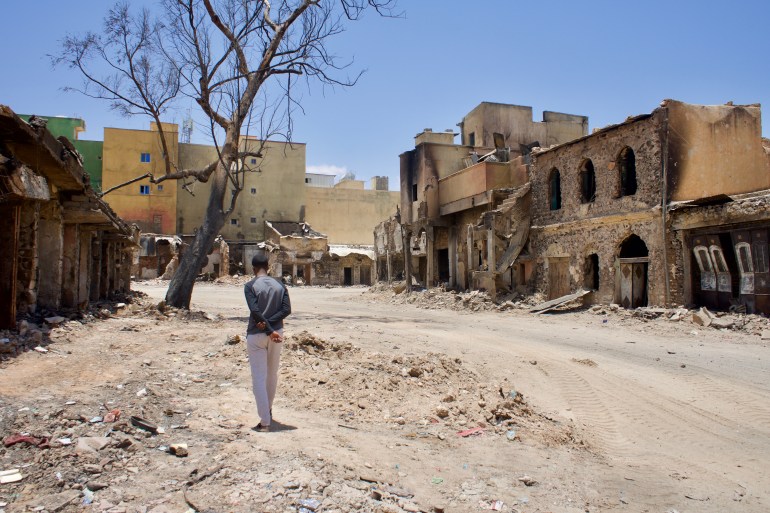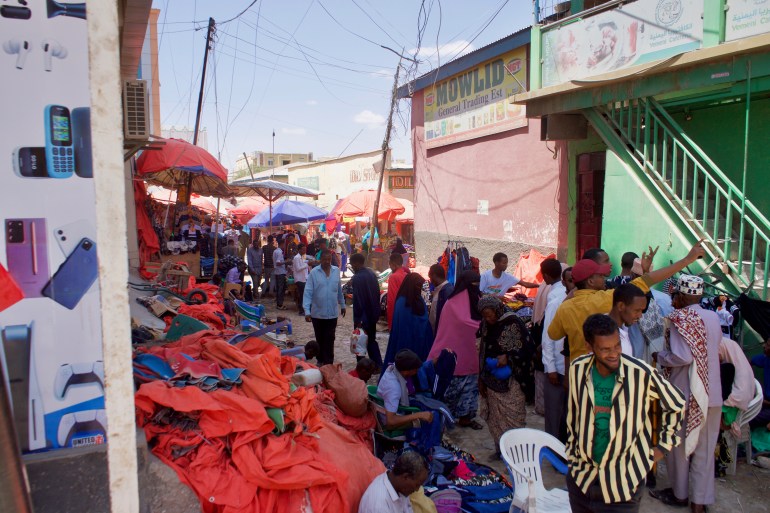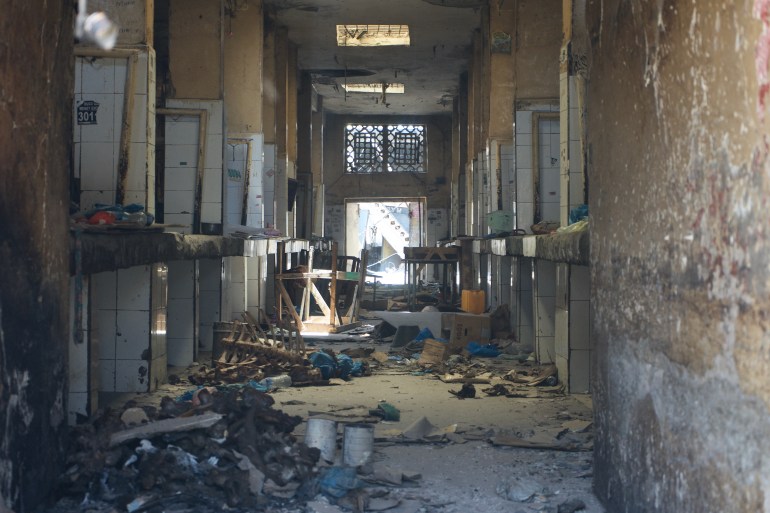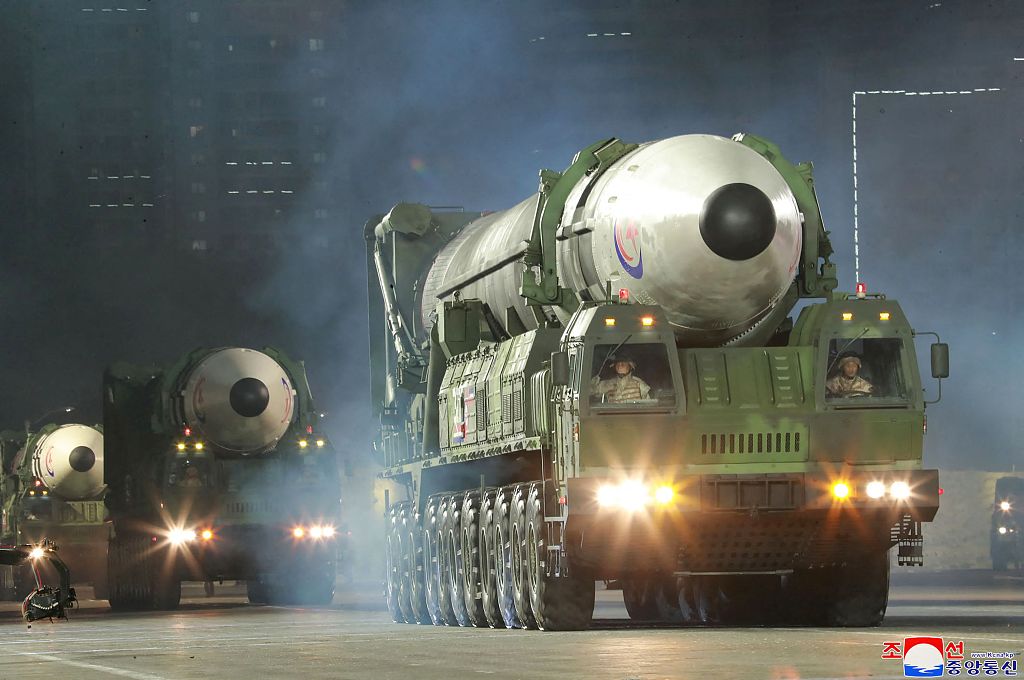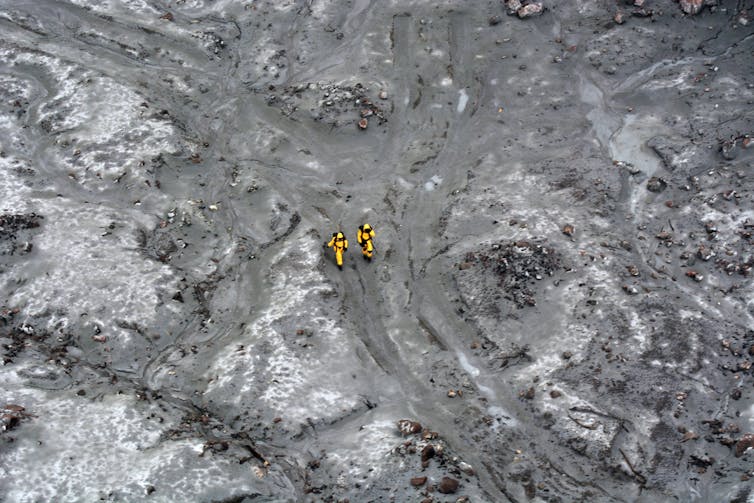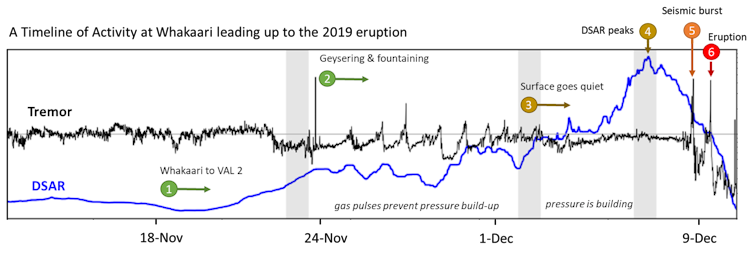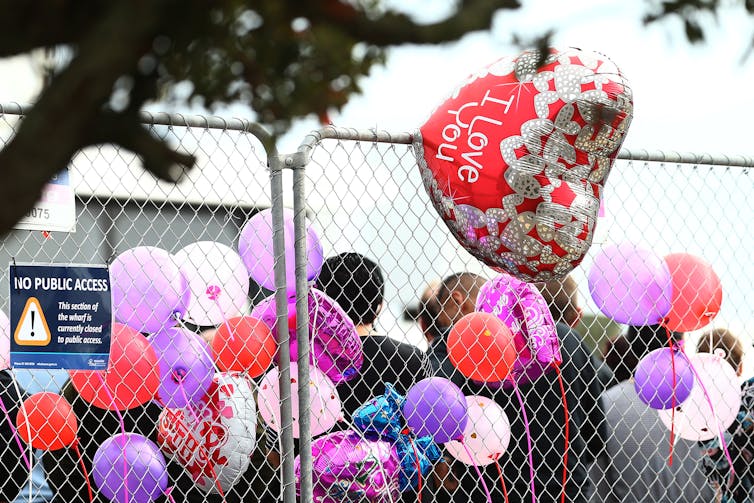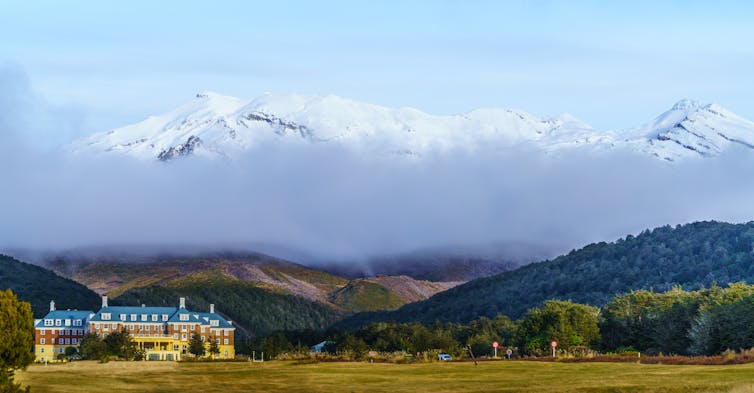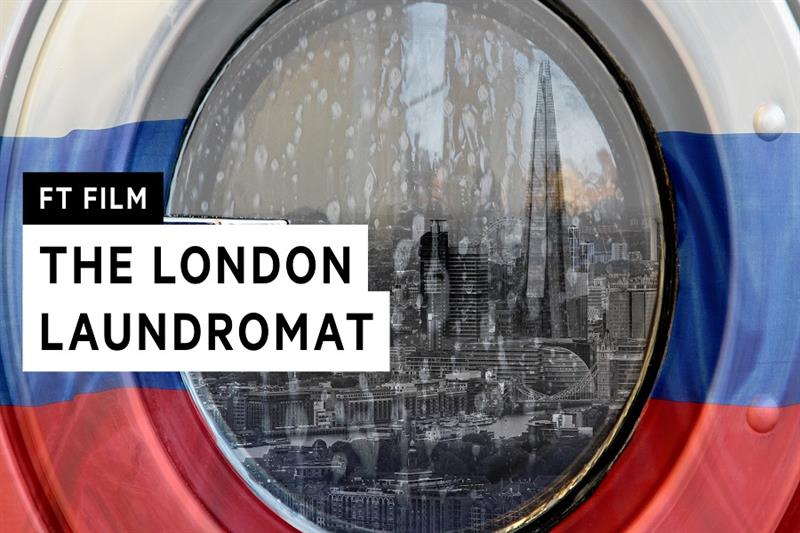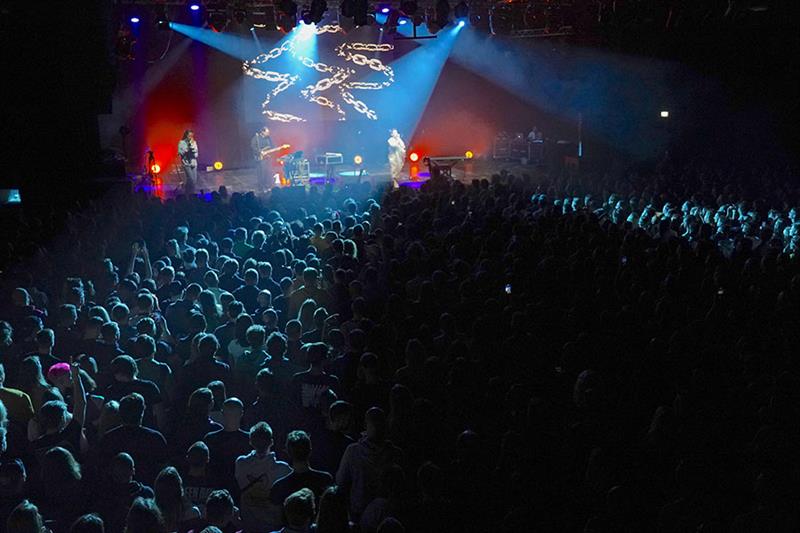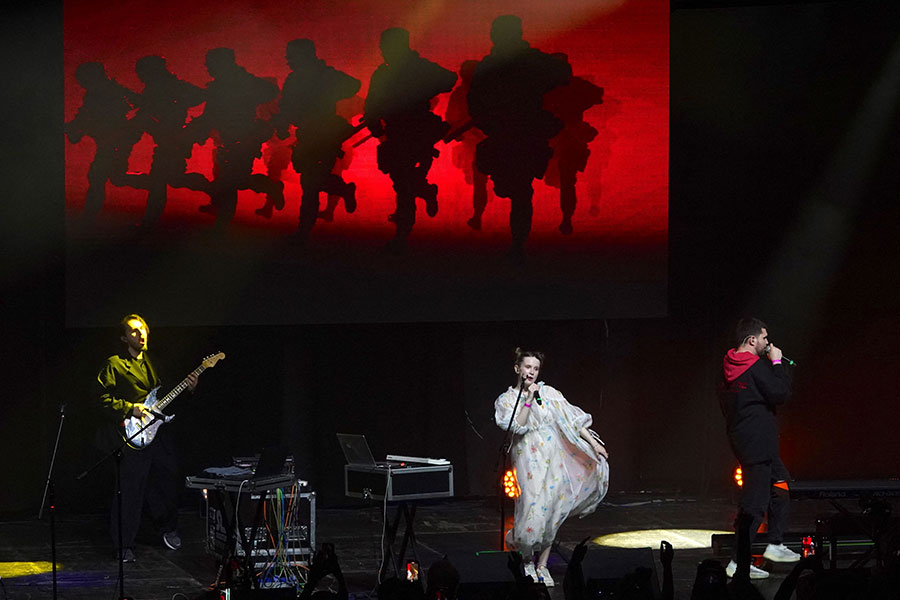Experts are calling on the EU to take a stance on Vietnam's rights record amid new trade talks.

The EVFTA was meant to improve rights issues in Vietnam
After a planned human rights dialogue session with Vietnam was postponed earlier this month, the European Union is under renewed pressure to get tough on the one-party state, which is often ranked as one of the worst abusers of human rights in Asia.
Bilateral trade surged by around 13% in 2021, largely the result of the EU-Vietnam Free Trade Agreement (EVFTA) that came into effect the previous year, which was hailed by Brussels as the "most ambitious free trade deal ever concluded with a developing country."
Part of the commission's pitch to skeptics in the European Parliament was that the EVFTA required the ruling Vietnamese Communist Party to introduce several reforms, notably on workers' rights, and open up monitoring to civil society groups. Many reckon this was a false promise.
The EVFTA was supposed to bring about human rights improvements in Vietnam, "but ever since the deal was signed in 2020, repression against social and environmental activists by Vietnamese authorities has never been higher," said Maria Arena, an MEP and chair of the European Parliament's subcommittee on human rights.
Repression on the rise
Jessica Nguyen, advocacy officer of the 88Project, a monitoring group, says there are at least 207 jailed activists and political prisoners in Vietnam, the highest number of any Southeast Asian state, and that things are getting worse.
According to their soon-to-be-published report for 2021, while the number of arrests and trials in 2020 and 2021 were similar, the severity of sentences was far greater in 2021. Of the 32 activists tried last year, 23 were sentenced to five or more years in prison, whereas less than half of those tried in 2020 received such lengthy sentences.
A bilateral human rights dialogue was supposed to be held in Brussels earlier this month but was postponed because medical reasons prevented the Vietnamese delegation from traveling, said an EU official. It isn't known when the session will be held.
"We share the concerns raised by civil society about the human rights situation in Vietnam," said Peter Stano, an EU spokesperson. "The EU has consistently called on the Vietnamese authorities to release detainees and to guarantee the right to a fair trial for all individuals.”
"We will continue to monitor human rights in Vietnam, and work with all those concerned towards the improvement of the situation," he added. "Despite the concerns, we believe that the EU must continue to engage with the country's authorities and on the ground. The next available opportunity is the Human Rights dialogue."
Trade policy 'incompatible' with rights
Arena, the chair of the European Parliament's subcommittee on human rights, reckons there is little hope that this new session "will bring any change on the ground if the [European] Commission keeps tolerating the Vietnamese government's blatant violations of its human rights obligations and commitments."
"Overall, Vietnam is a clear example that our trade policy is not compatible with the objectives of promoting human rights and the environment with our trade partners," she noted.
Camille Nessel, an analyst at Université Libre de Bruxelles and Ghent University, has written about the EU's attempt to create what she calls an "ethical narrative."
"In the EVFTA narrative, Vietnam's political elites are largely 'devillanized.' The EU presents Vietnam as a developing country, struggling with developmental issues, instead of an authoritarian state," Nessel told DW.
"The EVFTA is presented as bringing economic development to Vietnam, and therefore necessary to fight 'underdevelopment' in Vietnam," she added. "At the same time, almost no agency is given to Vietnam's authoritarian political apparatus in being responsible for the human rights situation in Vietnam.
As part of the EVFTA, both sides were supposed to create their own Domestic Advisory Group (DAG), a civil-society component to allow independent observers to monitor the implementation of the EVFTA, especially in areas such as workers' rights, land rights and the environment.
Although the EU established its DAG in December 2020, the Vietnam counterpart hasn't yet been formed. Vietnam "has been dragging its feet," said Nguyen, of the 88Project, adding that bilateral meetings have had to be postponed as a result.
Critics call out too little change
Worse, in July last year, the journalist Mai Phan Loi and lawyer Dang Dinh Bach were arrested on alleged trumped-up charges of tax evasion. They were sentenced to four and five years in jail, respectively, in January. Both were executive board members of the VNGO-EVFTA Network, an unofficial version of the DAG formed by several Vietnamese civil society groups.
Perhaps adding insult to injury, the Vietnamese authorities in January also arrested the prominent environmentalist Nguy Thi Khanh, whose five-year, EU-funded project had just ended.
Claudio Francavilla, the EU advocate at Human Rights Watch, called the DAG a "smokescreen, a fairy tale."
Not only can one not find independent and registered civil society groups in Vietnam, he said, the DAG is only tasked with monitoring the implementation of the EVFTA. That definition could be stretched but the Vietnamese authorities won't allow it..
"Unfortunately, a majority of MEPs was persuaded by the EU and businesses to have a very low ambition on human rights,” Francavilla commented.
But that was the case from the very start of the process. In 2019, months before the European Parliament voted to approve the EVFTA, the famed independent journalist Pham Chi Dung was arrested, supposedly because of his reporting about the trade pact and associated human rights issues. He was jailed for 15 years in early 2021.
Edited by: Leah Carter
